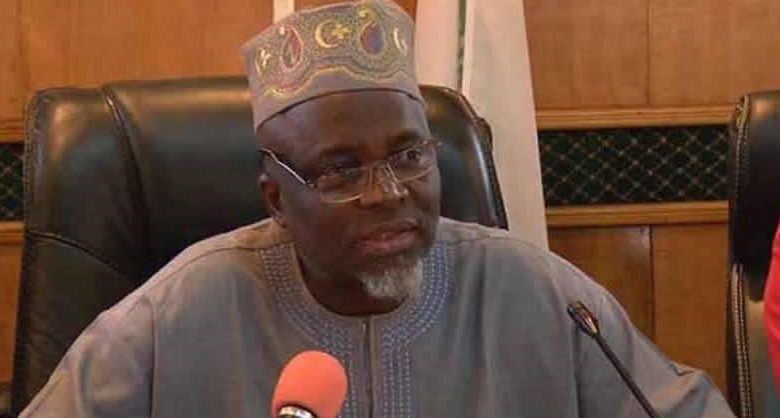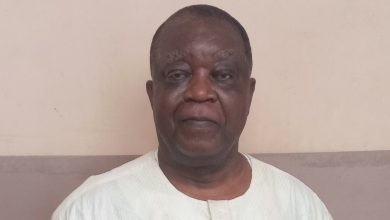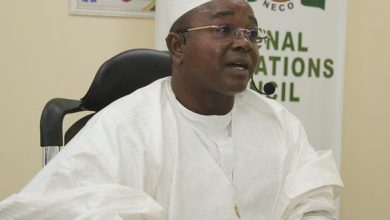2025 UTME: JAMB delists four CBT centres over ‘failure to meet technical standards’

The Joint Admissions and Matriculation Board (JAMB) says it has delisted four computer-based testing (CBT) centres and arrested 27 impersonators during the ongoing unified tertiary matriculation examination (UTME).
Fabian Benjamin, JAMB’s spokesperson, announced the development in a statement issued on Friday.
He explained that the CBT centres were delisted for failing to meet the stringent technical standards required for the ongoing UTME.
Benjamin said the delisted centres include Adventure Associate, located behind Sheshe Supermarket off Hadejia Road, Kano, Kano State, and Saadatu Rimi College of Education, Zaria Road, Naibawa, Kano, Kano state.
Also delisted are Penta M & F Technical Services Ltd., Centre 2, 96km Sokoto-Jega Road, Tambuwal, and Penta M & F Technical Services Ltd., Centre 1, 96km Sokoto-Jega Road, Tambuwal.
“While JAMB commends the 883 centres that have demonstrated exceptional performance, it unequivocally warns that any centre failing to meet ethical or technical standards, regardless of ownership, will be blacklisted,” the statement reads.
Benjamin urged candidates who were previously scheduled to take their exams at the delisted centres to urgently reprint their examination notification slips to access their new centres and rescheduled dates.
“We regret any inconvenience this may cause, but we will not tolerate excuses from candidates who fail to reprint their slips,” he said.
“As of Friday, April 25, 2025, more than 900,000 candidates had successfully completed the UTME, out of the 2,083,600 registered for the 2025 examination,” he added.
In a related development, Benjamin reported the arrest of 27 impersonators, who were handed over to the police for prosecution.
The JAMB spokesperson also said the board had been alerted to the unauthorised restrictions placed on candidates wearing hijabs at the Caleb University.
He assured that swift action had been taken, with the vice-chancellor of the university condemning the actions of an overzealous security officer.
“We extend our sincere apologies to the affected candidates and commend the leadership of both the centre and the university for their prompt intervention, which ensured that no candidate suffered undue disadvantage,” he added.





